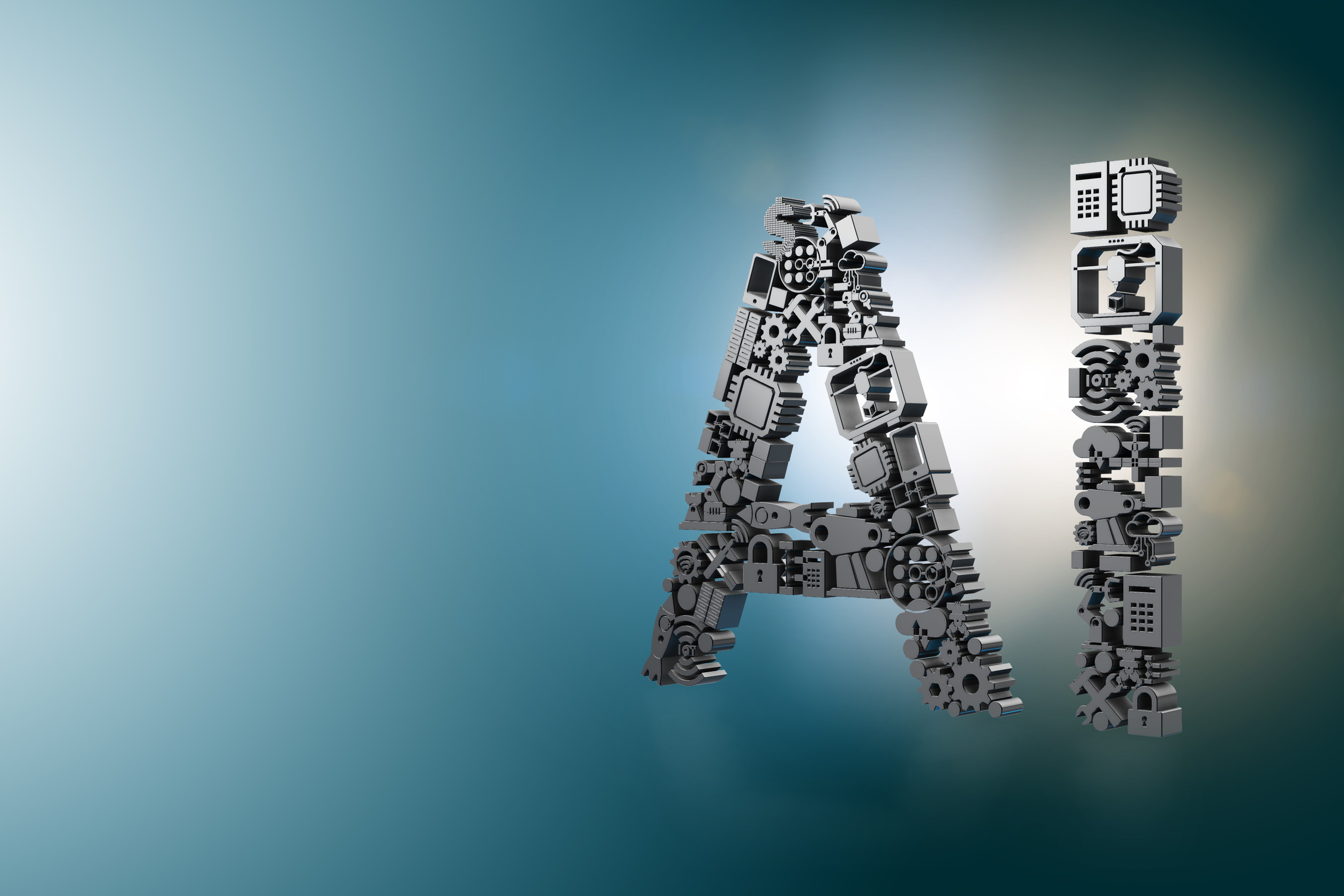How AI is redefining human potential in the workplace
- Josephine Tan

AI is often seen as a threat to jobs, but a new global report, Elevating Human Potential: The AI Skills Revolution by Workday, painted a more optimistic picture. Far from replacing human workers, AI is poised to drive a skills revolution, emphasising uniquely human attributes like empathy, ethical decision-making, and creativity as critical for success in the evolving workplace.
The report revealed that AI’s most active adopters are already experiencing its benefits, with 93% agreeing it enables them to focus on higher-level responsibilities such as strategy and problem-solving. It also highlighted a growing consensus that AI enhances transparency and accountability, with 90% of workers, including 92% of leaders and 89% of employees, affirming its positive impact.
As AI reshapes the workplace, the skills most valued today are also the least likely to be replaced. Ethical decision-making, emotional intelligence, and relationship-building emerged as essential in an AI-driven economy. The report found that 83% of respondents believe AI will elevate the importance of these capabilities while enhancing human creativity to generate new economic value.
“In 2025, AI will play an important role in unlocking efficiencies in how people teams operate,” said Jennie Rogerson, Global Head of People at Canva. “But it won’t replace the essential human elements like empathy, communication, and relationship building.”
The data underscored a fundamental shift: rather than diminishing human roles, AI is freeing employees to focus on tasks requiring creativity, leadership, and innovation. Nearly all active AI users (93%) agree it enhances their ability to solve complex problems and engage in strategic thinking.
However, the report highlighted a gap between employees and managers regarding the need for human connection in the workplace. While 82% of employees see this as increasingly important in the AI era, only 65% of managers agree.
READ MORE: AI superworkers ‘coming on like a freight train.’ Are you ready?
AI is also transforming leadership priorities. Respondents identified three key areas for leaders to focus on: leveraging AI for data-driven decision-making, prioritising upskilling to use AI technologies, and reallocating resources to more strategic initiatives. These prioritises highlight AI’s potential to enable leaders to focus on building empathy and strengthening team relationships.
Despite concerns about AI’s role in the workplace, the report revealed a strong belief in its potential to enhance trust and transparency. However, ensuring responsible AI integration will require collaboration among technology companies, organisations, and governments. While 54% of respondents believe the tech sector will lead these efforts, only 12% see individual organisations or governments taking the initiative.
“AI is driving us towards a future where we can harness our innate human skills to connect, create, and innovate,” said Sadie Bell, Vice-President of People Systems at HPE. “This isn’t just about efficiency; it’s about unlocking our potential to build a future that prioritises empathy, ingenuity, and our shared humanity.”






